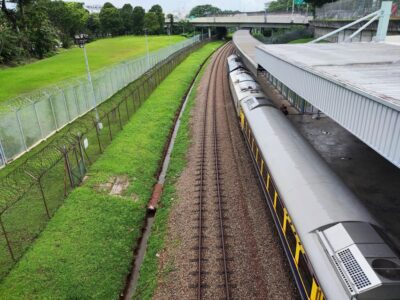Danke, Chinese apartment rental startup, fumes evicted tenants
Countless tenants were forced out of their homes as Danke, the New York-listed startup, failed to pay rents to landlords

Distress on financial risks of China’s rapidly growing online home rental industry has been triggered by Danke, one of the leading home rental platforms. Tenants were evicted from their flats in mainland China, as the company failed to pay landlords the upfront instalments renters have borrowed from banks. Danke disproves of insolvency, despite shares spiking up following rumours of a buyout by competitor Xiangyu.
According to South China Morning Post, hundreds of fumed landlords and tenants rounded up at Danke’s Hangzhou office during the past weekend to protest and demand compensation and overdues. The Beijing and Shenzhen offices also experienced furious crowds as seen through photos on social media and reports by the local media.
Landlords have terminated their Danke contracts, while tenants are homeless and still need to repay their rental loans to WeBank, Danke’s bank partner.
More: Expansion of manufacturing industry in China indicates strong economic recovery
The New York-listed company also known as Phoenix Tree Holdings, operates alike WeWork, but instead of office spaces, Danke operate residential properties. The firm rents out apartments long-term, then refurbishes and divides them into smaller spaces that tenants can lease. Based on its most recent quarterly report, the company has employed more than 415,000 apartments in 13 cities across China, but has yet to make any money.
Subsequent to Thepaper.cn’s report that rival Xiangyu is in negotiation to acquire Danke, Phoenix Tree’s shares have soared by almost a third. Stocks have also spiked to USD2.4 on Tuesday, a 75 percent increase. However, Danke stated on its Weibo account that it wouldn’t “runaway” and hasn’t gone bankrupt.
The online home rental industry has been under scrutiny after this messy incident.
Chief analyst at 58 Anjuke Real Estate Research Institute in Shanghai, Zhang Bo said, “the online rental platform industry has developed pretty widely over the past five years. The most important thing now is to strengthen the regulation of the sector.”
Recommended
Thailand advances digital finance with blockchain real estate push
Issues over marrying blockchain incentives to a physical asset class is hampering Thailand’s digital finance push
Johor Bahru emerges as a key economic partner to Singapore
Once regarded as a poor relation across the causeway, Johor Bahru is cementing its status as an integrated economic partner to Singapore
Vietnam sets new rules to reward clean energy producers
Vietnam’s government has passed new regulations allowing homeowners and landlords to sell solar power back to the national grid for the first time
Bangkok developers shift focus to safer low-rise and suburban projects
Concerns over Bangkok’s seismic safety in the wake of the recent Myanmar earthquake have prompted a shift toward low-rise developments








